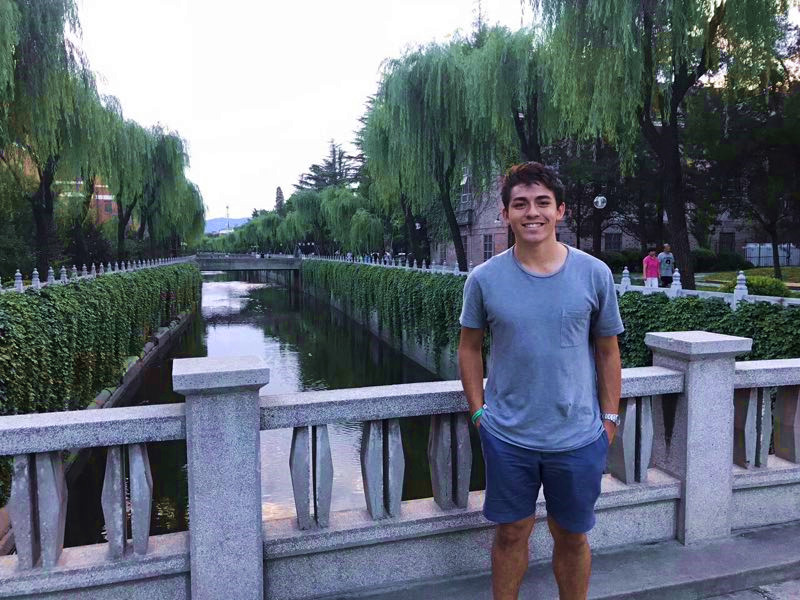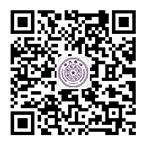
The first time I came to China I was a freshman in high school. My classmates and I travelled to Shanghai, Inner Mongolia and Beijing, going to the usual sightseeing spots, including the Forbidden City, the Great Wall, Tiananmen, and the Summer Palace. After finishing a tour of the latter, I noticed a group of people gathering around an ancient Chinese gate taking photos. Figuring something so popular was worth seeing, I decided to investigate.
Upon reaching the gate, I was told that it was the west entrance of China's most prestigious university: Tsinghua University. I explored the campus for a little while by myself, taken aback by the beauty of the gardens and lakes surrounding the school, Gong Zi Ting, and the main building. The school seemed to have a culture of its own, deeply reliant on the past, as evident by the ancient Qing dynasty architecture. In the meantime, it firmly embraces the future. Strolling leisurely on the side of the road watching students rushing to class, I could almost see myself here. Alas, I was planning on going to an American college.
When I learned that Tsinghua was opening to international students my senior year I knew I had to apply. I had studied Mandarin for several years up to that point, and I knew I wanted to work in China eventually, so why not come sooner rather than later.
My impressions of Tsinghua after my first semester studying here are even better than when I first visited the school. From my core economics and accounting classes to my Chinese civilization and psychology classes, I learn something new every day. Being surrounded by China's top minds makes for a very eclectic environment.
Sometimes I am blown away by my classmates, inspiring me to work harder and think smarter. Tsinghua is one of the world's top research universities, and that becomes very clear when you come to campus. Simply biking from my dorm to class, I can see students working on all sorts of projects, from drones to AI powered robots, to more aerodynamically advanced car designs.
When I'm not going to class at Tsinghua, I am usually playing tennis, working on a project for the US Students Association, or listening to various guest speakers. Since coming to Tsinghua, I have been able to listen to and have conversations with two of my heroes, historian Niall Ferguson who lectured about “Trumpworld” in Schwartzman College, and The Noble Prize winning economist Erik Maskin, who hosted a small dialogue about Mechanism Design, which myself and fourteen other students were able to attend.
I don't regret coming to Tsinghua one bit, and I cannot wait to take advantage of many more opportunities the school has to offer over the course of my next three years here.







